Einstein once said, "Life without playing music is inconceivable to me. I live my daydreams in music. I see my life in terms of music. I get most joy in life out of music."
Music is a cultural phenomenon. Almost everyone enjoys music in some shape or form, whether that is by listening to it, singing, dancing or playing an instrument.
Neuroscientists continue to find evidence that shows children who learn how to play an instrument have a greater chance of increasing their motor skills, memory, hearing and storing of audio information. Children who practice playing a musical instrument just one hour a week increase each of these brain benefits, including a significant increase in IQ and an all-round boost in language skills.
Here's a look at seven ways a child can benefit from growing up playing a musical instrument:
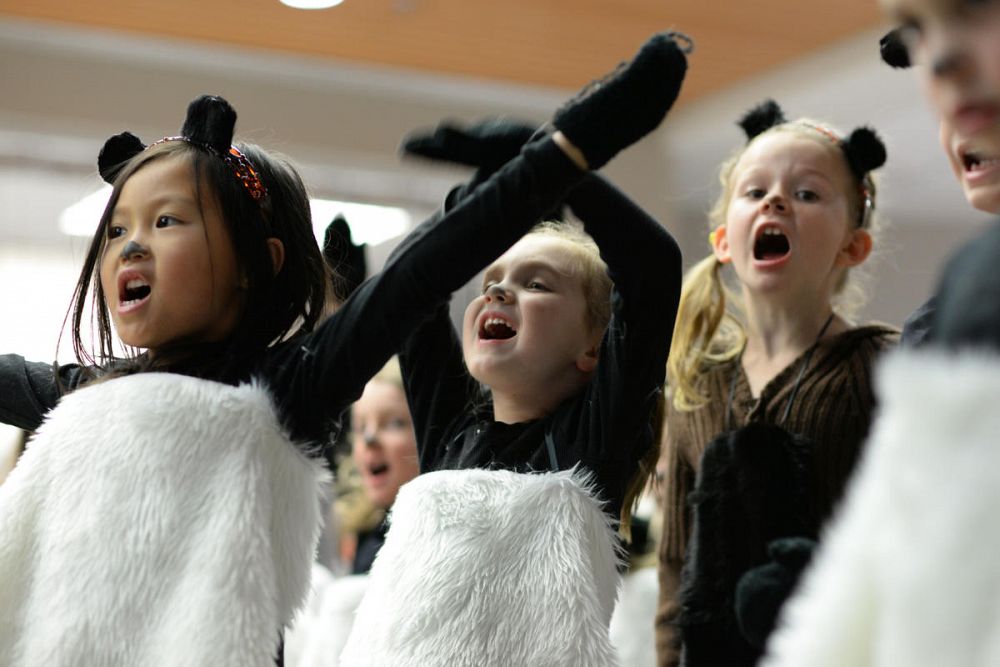
1. Learning and encouraging creativityPreschool Music Programme - Body Movement, Music Making
Music boosts creativity and it builds a connection between fun and learning. Playing a musical instrument increases intelligence and stimulates the pleasure centres of the brain, developing a relationship between learning and a sense of enjoyment. Whether it's making up song lyrics or dancing, your child will groove their way into their creative spirit.
2. Language skills K-2 Music Programme - Orff & Ukelele - Singing
Studying music boosts language-related pathways in the brain, which is why children who are fluent in other languages find it easier to learn a new language if they are musically trained. According to the studies, children that are introduced to a musical instrument before the age of seven, develop a larger vocabulary, a better sense of grammar and a higher verbal IQ.
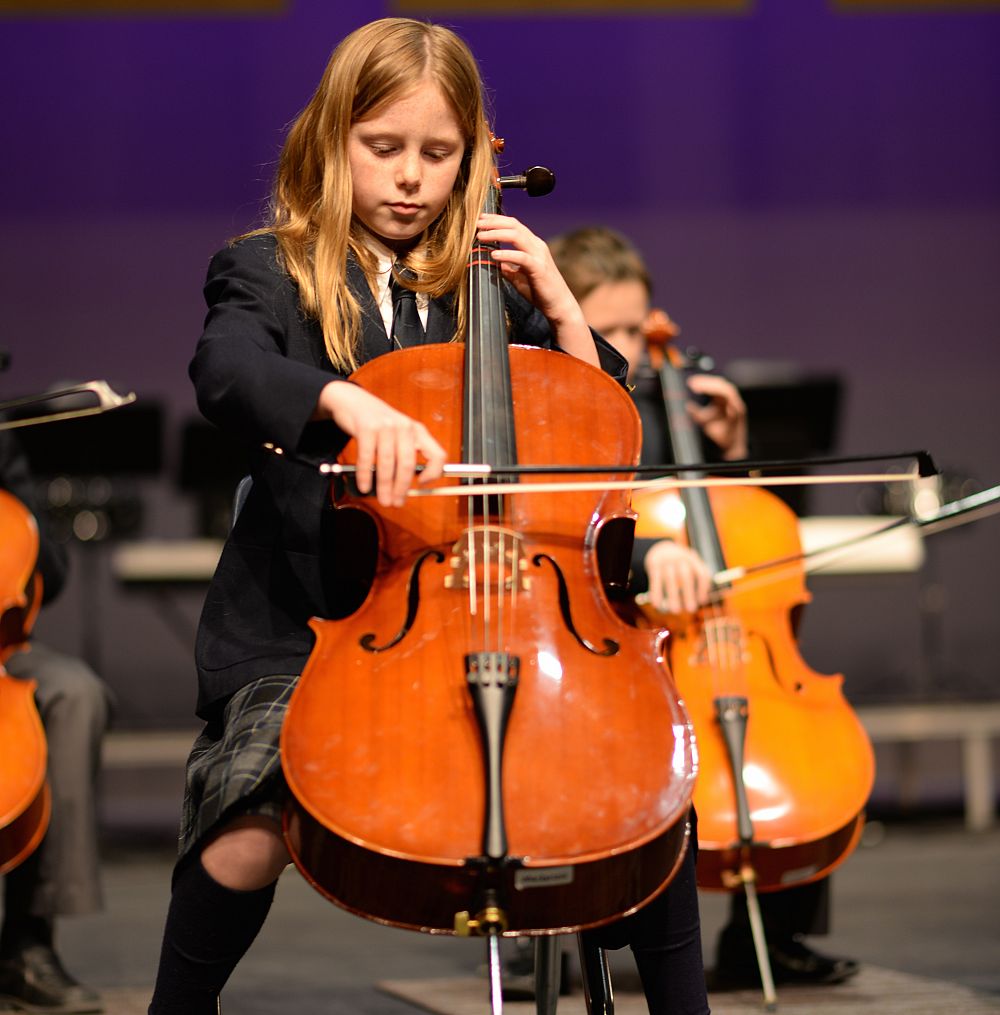
3. Improving literacyK-2 Music Programme - Orff & Ukelele - Tone, Syllables, Melody, Diction
Humans process musical sounds the same way they process speech. According to the Psychology of Music, “Children exposed to a multi-year programme of music tuition involving training in increasingly complex rhythmic, tonal, and practical skills display superior cognitive performance in reading skills compared with their non-musically trained peers.” Because of this, children who actively study music can boost their listening skills, and, in turn, improve the way they process language.
4. Developing strong neuro-pathways Gr 3-5 Music Programme - Learning Violin & Cello
Students who play a musical instrument generally stay more engaged in their academics. Early musical training helps provide children with improved classroom skills, such as critical thinking, creative problem solving, teamwork, math skills and effective communication.
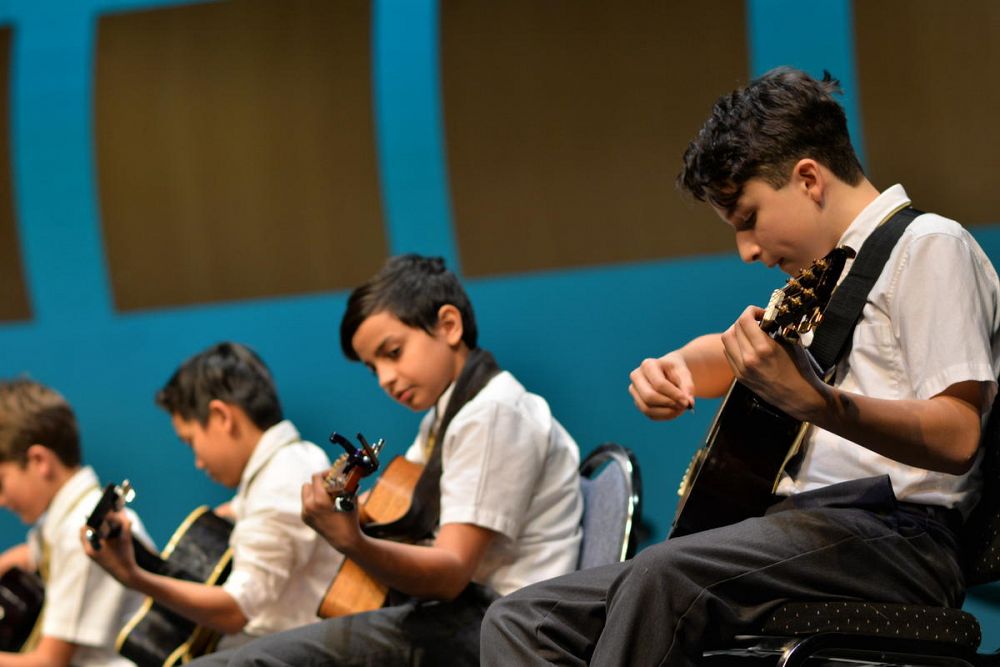
5. Fine motor skillsGr 6 Music Programme - Strings, Guitar & Percussion
Multiple studies that involve brain imaging have demonstrated that active musical training for youths causes positive neuroplastic changes. Both learning to sing and/or play an instrument develops and strengthens the ability of the brain's hemispheres to communicate with each other. This leads to increased capabilities in all academic areas and fine motor control.
6. ConfidencePreschool - Gr 12 Music Programmes
Tom Stinson, Director of Performing Arts, at Aberdeen Hall Preparatory School, believes the act of facing the stress of performing in front of an audience helps to develop confidence.
“When students are provided the opportunity to demonstrate their developing skill in a supportive environment it teaches them how to accept and overcome the effects of performance anxiety. Over time this desensitizes them to the negative effects of facing a stressful situation, strengthening their confidence,” said Stinson.
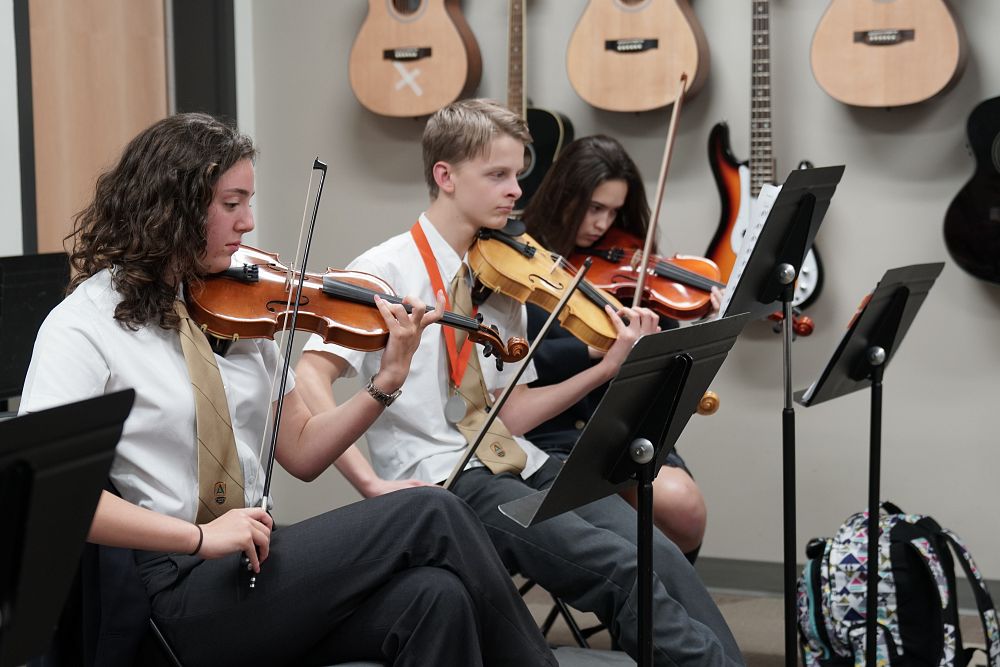
7. Improvement in overall IQGr 7-12 Music Performance and Music Composition & Recording Technology
“The Performing Arts enrich our lives and challenge us to see the world in different ways and their study makes us more well rounded people,” explained Stinson.
One study of note, conducted by Dr. Glenn Schellenberg at U of T, demonstrated a measurable increase in students IQ scores from learning to play music.
After one year, only the students learning music demonstrated a marked increase in all areas of IQ, whereas the students studying drama demonstrated an increase in social skills or EQ.
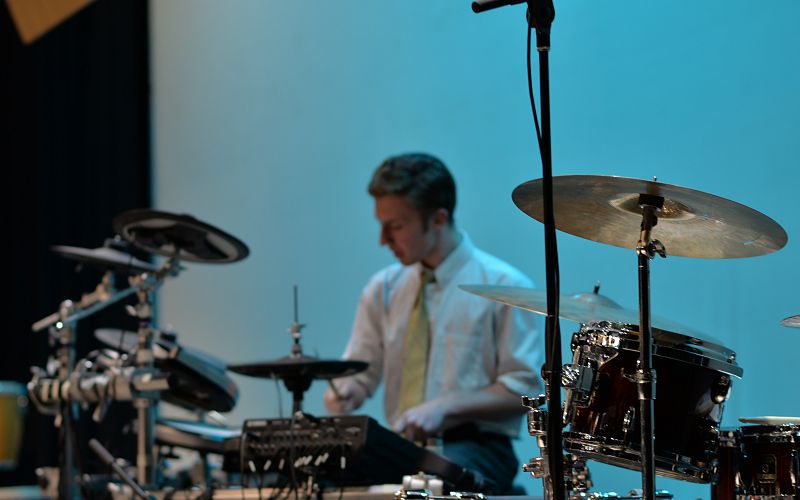
Aberdeen Hall recognizes the art of music and in doing so they have created an extensive music program fostering the creativity of every student and giving them the opportunity to excel.
The music programme is designed not just for skill improvement and to increase their overall IQ, but rather for students to foster a love for the performing arts that starts in school and carries on throughout their entire lives. Most importantly, musical programmes provide a pathway of self expression and personal growth leading to a more fulfilling and rewarding life.
The faculty at Aberdeen Hall encourage students to explore all avenues of self expression, whether that is in academics, athletics or the performing arts.
"Our students will discover a deep appreciation for the performing arts and through artistic pursuits, find pastimes or careers that fulfil them throughout their adult lives."
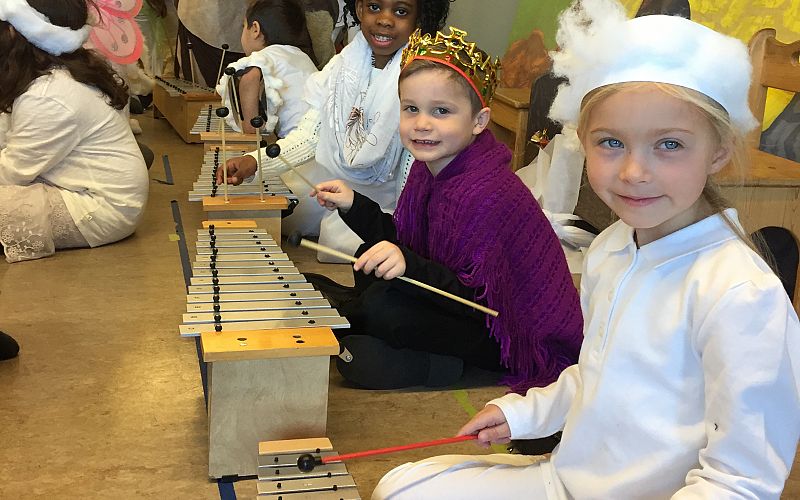
Aberdeen Hall students participate in music classes two or more times a week and learn a variety of musical theory, allowing them to develop expressive skills that have far-reaching benefits in all their endeavours.
Students begin musical training at the age of three (Preschool) and are encouraged to continue studying and playing music throughout their education.
All students are given the chance to perform in a number of music concerts both on-site and at local theatre venues around Kelowna. Their upcoming music performance is at the end of February at the Kelowna Community Theatre.
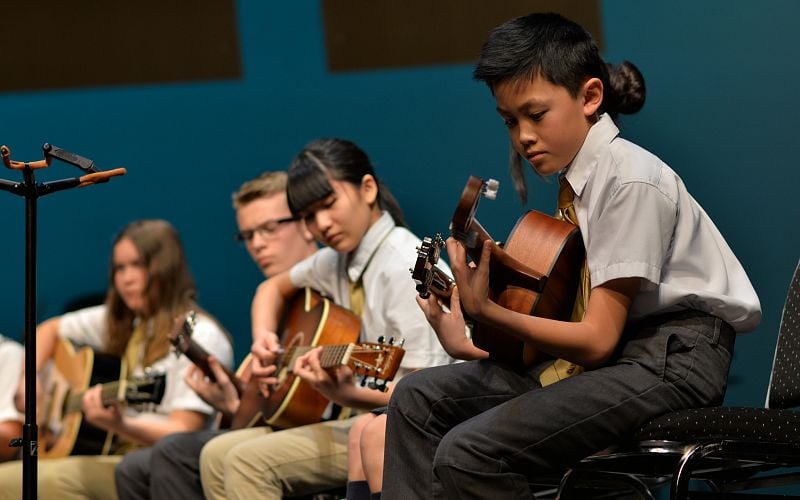
Aberdeen Hall continues to build on its strong reputation in the Performing Arts. They provide students with quality opportunities for public performance. This fosters their creativity while giving them a safe environment to develop their confidence in front of an audience.
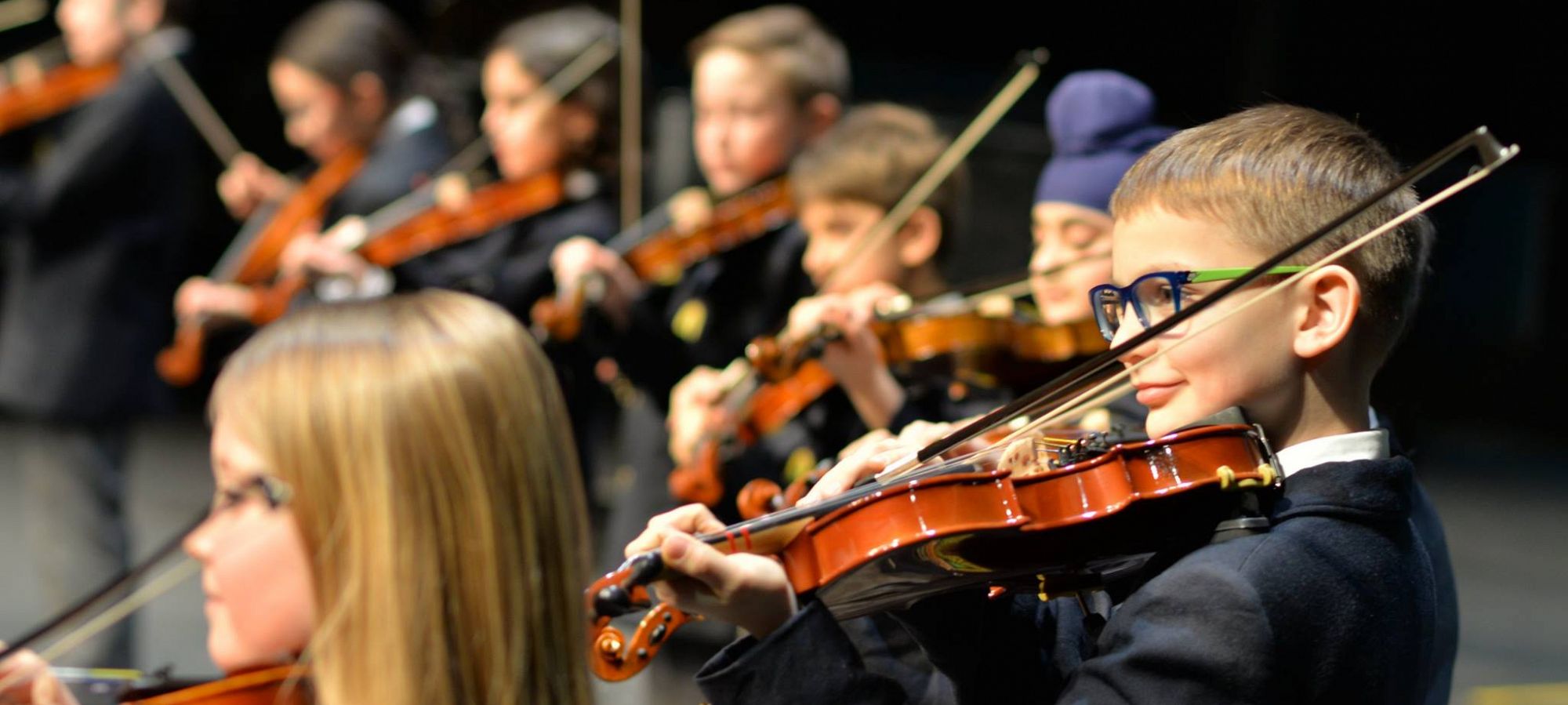


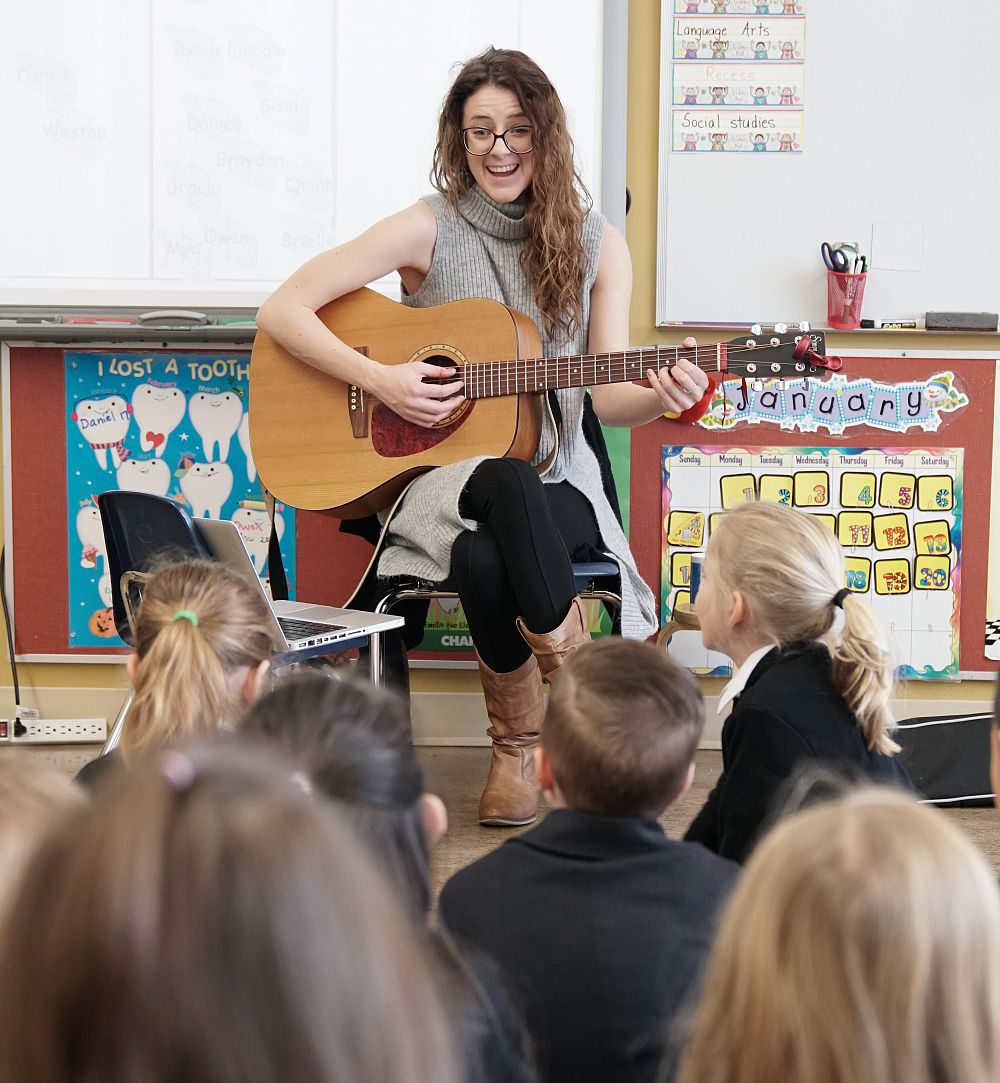
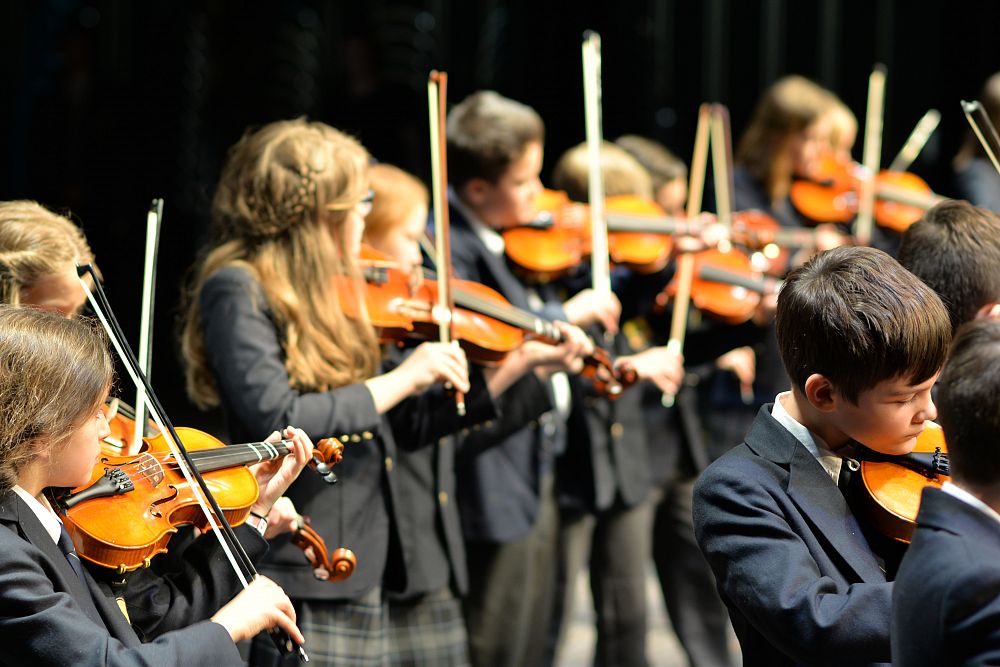
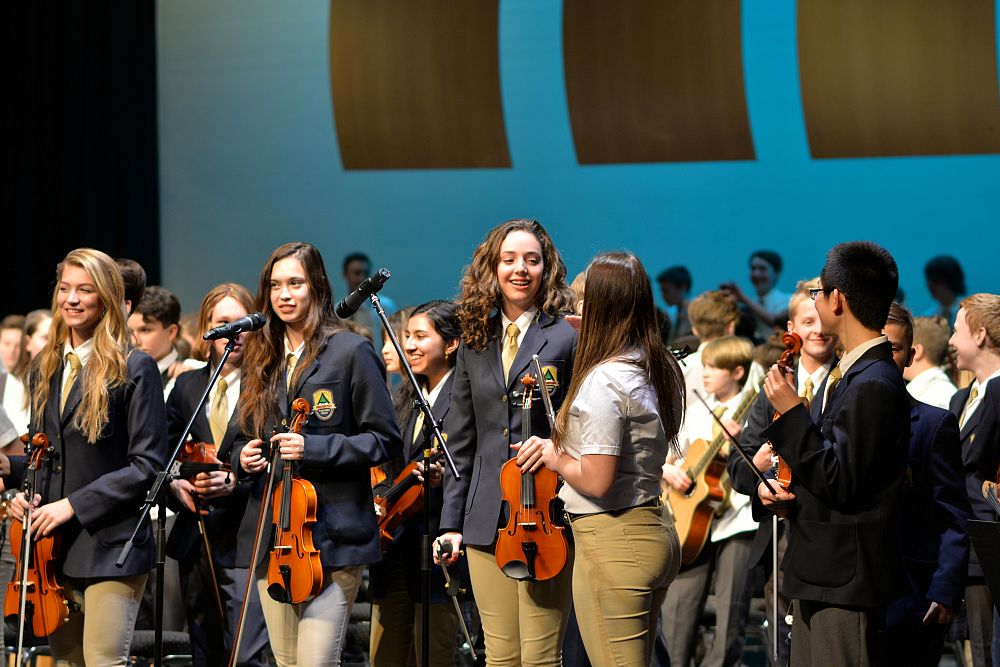
.png)